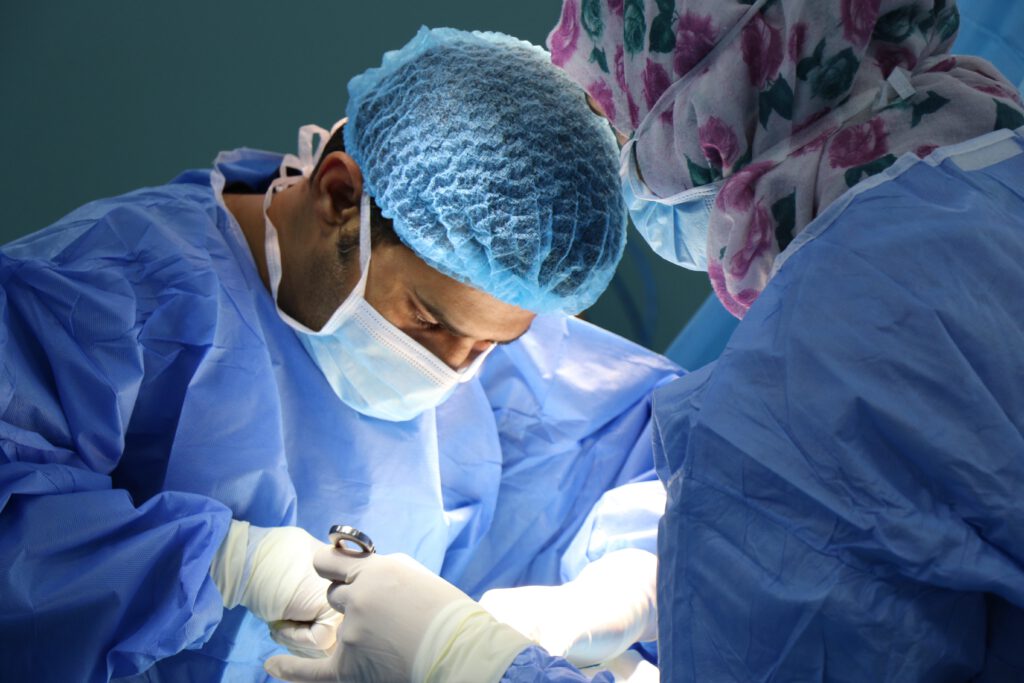How to prepare for and recover from a hip replacement

Collaborative Post
According to reports from the National Joint Registry, there are an estimated 160,000 hip and knee replacements every year within the UK.
Preparing for a hip replacement can be an apprehensive time. It can be both physically and emotionally tiring, causing unwanted stress ahead of your procedure. But try not to worry. Understanding the dos and don’ts ahead of your surgery will lead to a speedy recovery that will get you back on your feet in no time at all.
In this article, we explore how best to prepare and recuperate from a hip replacement operation.
Qualifying for surgery
Before you can be signed off for surgery, there may be certain requests your doctor makes first. This is to ensure your procedure is as successful as possible so that you can get the best results and resume full mobility as quickly as possible. While some of these requests may seem personal, keep in mind that it’s all in your best interest.
Here are a few things to be aware of that your doctor may recommend:
- Losing excess weight – if you’re carrying excess weight, this naturally puts more pressure on the joints, including your hip flexors and pelvic area. Your GP may ask you to lose a little weight before your operation to help decrease any post-surgery complications, such as infections.
- Stop smoking – it’s no secret that smoking has several seriously harmful side effects on our overall health. Nicotine can slow down blood flow – which is essential to a speedy recovery. To avoid post-op complications, your doctor may refer you to get help with quitting smoking before your surgery.
Physio exercises – strengthening the muscles around your hip is essential to support your new hip replacement post-operation. Ensure you make this part of your pre-surgery routine to give your body the best chance of recovery after your procedure.
Lead up to the operation
In the lead up to your procedure, it’s a good idea to have everything carefully planned out. This should include things such as arranging your pick up and drop off, ensuring your designated driver knows the route to the hospital or private clinic where the operation is taking place, and packing a hospital bag with all of your essentials in it.
This is also the perfect time to ask your doctor any questions to put your mind at rest. This could include queries about post-surgery care or follow-up appointments. Remember it’s completely normal to feel apprehensive ahead of a big procedure, so you could always set up a meeting with a legal representative to discuss all possible options if it makes you feel better.
Recovery
When it comes to your recovery, sticking to the doctor’s orders is paramount. Ensure you give your body plenty of time to rest post-surgery. Don’t try to do too much too soon, simply attend all post-op appointments and continue to follow the recovery advice that your medical professionals have given you, until you’re back on your feet again.
Photo by JAFAR AHMED on Unsplash
